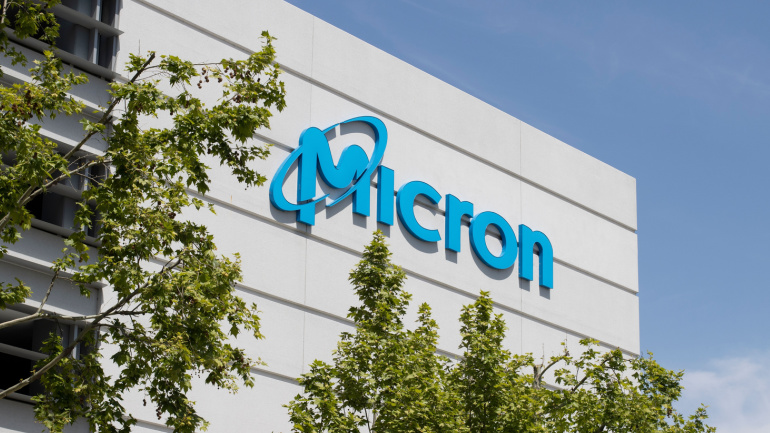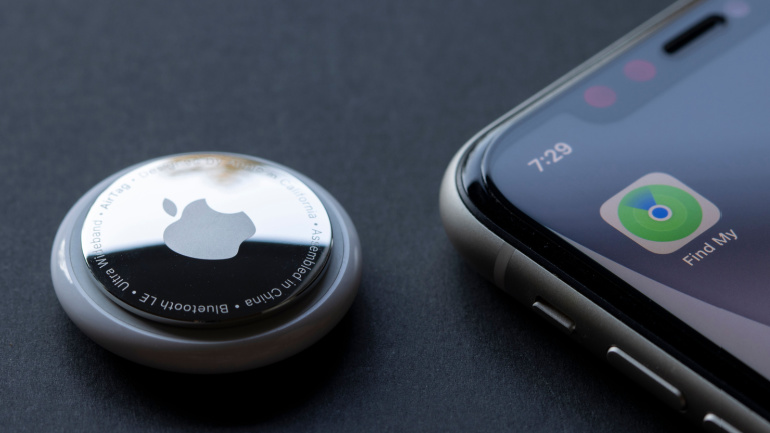Intel’s massive €30 billion European project advances with state-of-the-art factories in Magdeburg, Germany, boosting job creation and supply chain resilience amid global semiconductor demand. Will the ambitious initiative fulfill high-tech production aspirations?
Virgin Media O2 extends its RAN deal with Nokia, enhancing 4G and 5G coverage in the UK, while exploring potential 5G cloud RAN pilots. This partnership diversifies vendors and supports the nation’s digital transformation.
The European Commission allocates $9.2 billion for R&D initiatives in telecoms and semiconductor sectors, targeting innovative microelectronics, 5G and 6G technologies. To support digital sovereignty goals, private investment of $15.5 billion and 56 companies are involved.
Apple enters the spatial computing realm with its Apple Vision Pro headset, featuring ultra-high-resolution displays and a new operating system, visionOS. Despite its potential to redefine the AR and VR sector, the device’s hefty price and limited battery life spark debate among enthusiasts.
Network slicing has become a popular topic in telecoms discussions, particularly in relation to the benefits of 5G for industrial or business applications. It is believed to improve the reliability and performance of connectivity in situations where network congestion or mission-critical operations are at stake. With the rollout of 5G Standalone, network slicing is becoming an increasingly important aspect of B2B installations.
Ericsson and MediaTek set a new 5G upload speed record of 440 Mbps, enhancing user experiences for video conferences, streamers, and gamers. The groundbreaking achievement utilized Uplink Carrier Aggregation and promises improved network performance in various applications.
China sanctions US chipmaker Micron citing national security concerns, escalating tensions between the two nations. With implications for the IT and telecom sectors, alternatives may emerge from market leaders, fueling ongoing retaliation. How will this play out in the tech industry?
The US launches Disruptive Technology Strike Force to counter foreign adversaries acquiring sensitive technology, with recent prosecutions targeting Chinese entities. The move signifies increased efforts in containing China’s influence, potentially impacting global tech firms’ strategic decisions.
Google and Apple have collaborated to develop an industry standard to prevent the use of Bluetooth devices for unwanted tracking. The idea seeks to achieve compatibility between the two leading mobile operating systems and the larger Bluetooth ecosystem. The objective is to develop unauthorized tracking detection and alarm systems for iOS and Android platforms that would recognize Bluetooth location tracking devices and flag them if it looks like someone is being monitored without their consent. The proposed standard seeks to identify and inform persons if a location tracker that has been detached from the owner’s device is traveling with them, as well as to give a method for locating and disabling the tracker. According to reports, Samsung, Tile, Chipolo, Eufy Security, and Pebblebee have shown support for the draft specification, which gives instructions for building the essential capabilities into their devices. The proposed protocol expands on the proactive features of…
Sneak peek into Mobile World Congress 2023 Mobile World Congress, Europe’s largest telecommunications trade event, kicks off next week, and the major European carrier organizations have provided an early glimpse at what they will display. While many companies are selling and presenting various topics at the event, the primary themes appear to be the metaverse and 5G, with few practical use cases and some unique concepts such as how operators are exploiting APIs on their networks. The show might also include high-resolution ideas of driverless cars and self-driving drones. Read more at: https://tinyurl.com/bdhhndbn Ericsson to cut 1,400 jobs in Sweden Ericsson, a telecoms equipment vendor, has revealed its intentions to decrease its staff in Sweden by around 1,400 individuals as part of massive cost-cutting initiatives. The decision followed an agreement reached with trade unions to conduct a voluntary redundancy program. Ericsson presently employs around 15,000 individuals in Sweden and 100,000…











